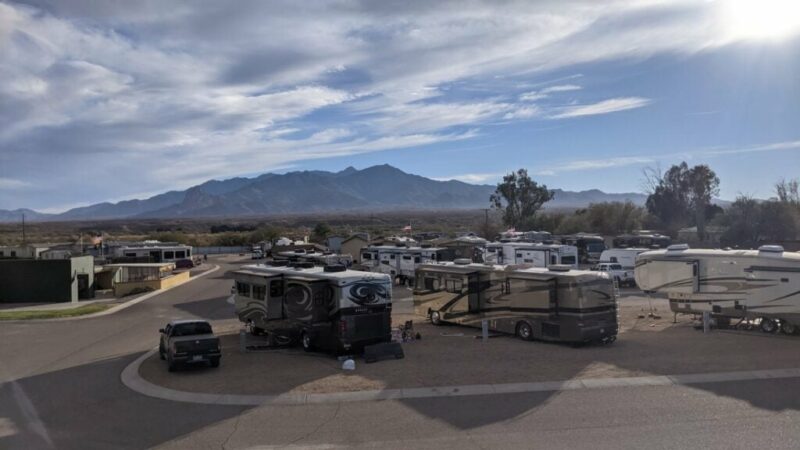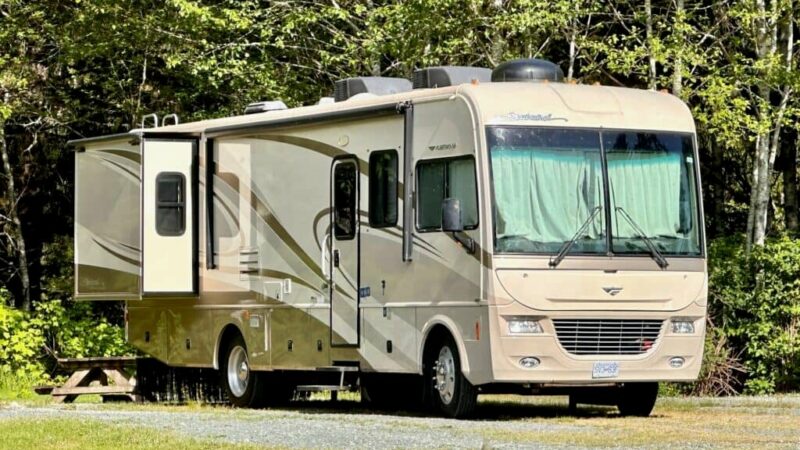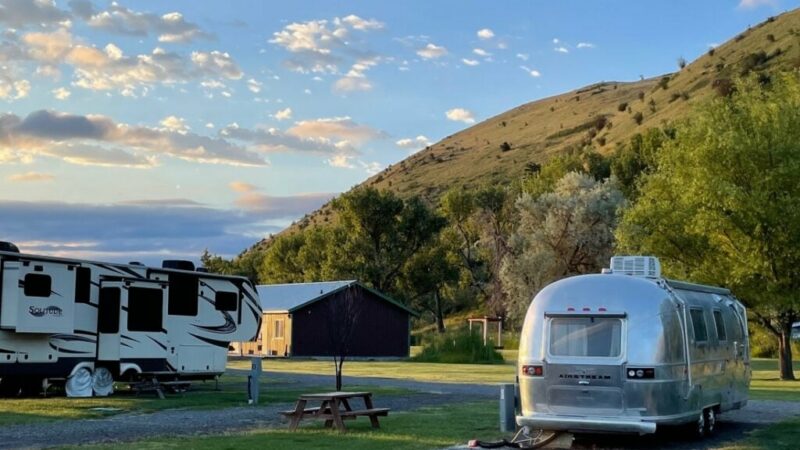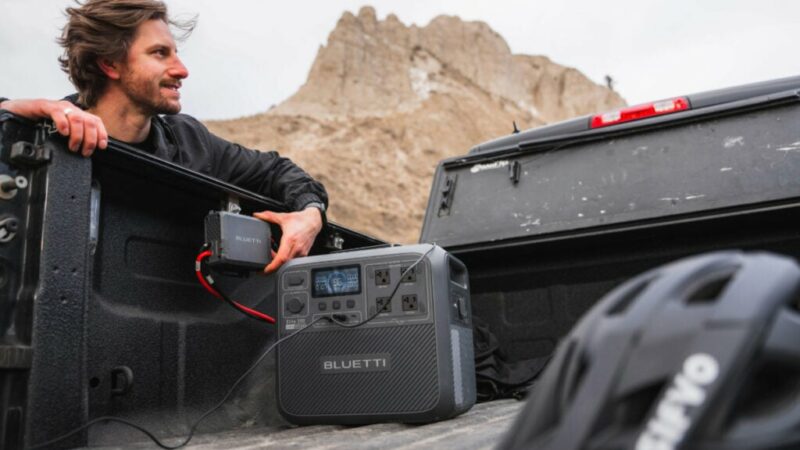The Downside To Living Full Time In An RV
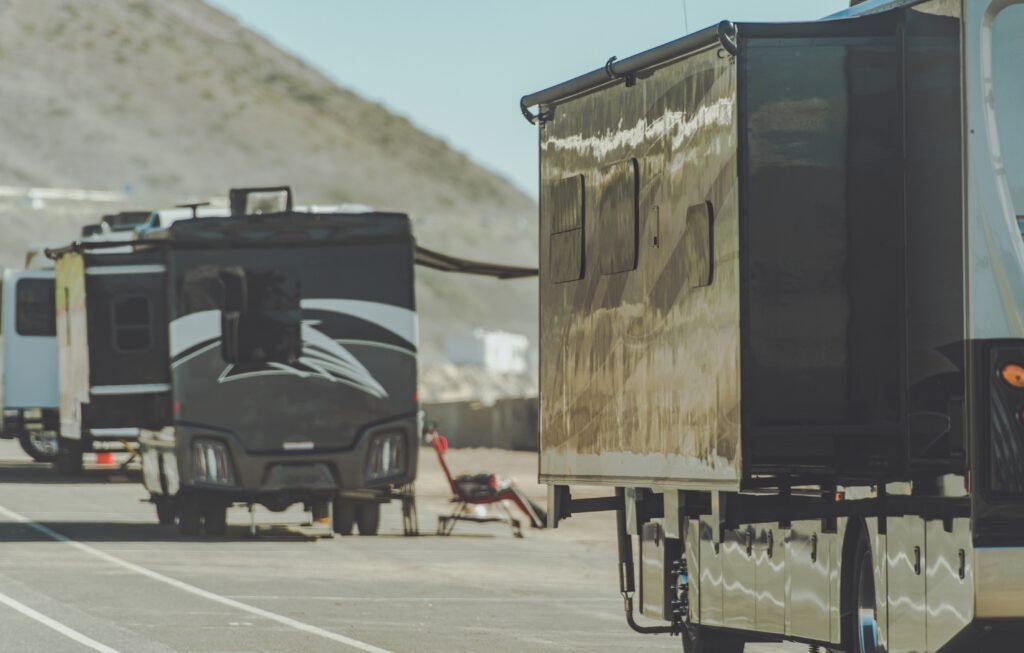
Why Living Full Time In An RV Isn’t What You Think
With the rising popularity of RVs, more and more people are thinking about living in an RV full time. Although there are plenty of benefits to this lifestyle switch, there are also significant downsides. Make sure you consider the cons as well as the pros before you make any decisions about living in an RV year-round.
For some people, it makes sense to move their life into a vehicle and travel around. In fact, this is the plan for many retirees and young couples! However, it’s not always sunshine and rainbows when you live out of an RV.
There are plenty of annoyances, stressors, and problems that come with this lifestyle. In some cases, the pros may outweigh the cons, but we’re going to dive into the bad parts of full time RV life today. Not everyone was built to live in an RV, so make sure you consider whether or not this decision is right for you.
Limited storage space
One of the biggest drawbacks of living full time in an RV is the lack of storage space. Most RVs try to include as many cabinets and closets as possible, but there’s only a certain amount of space available. By necessity, most full time RVers need to embrace a minimalistic lifestyle. Some people can do this easily, while others have a hard time narrowing down the essentials and letting things go.
Sometimes people rent a storage unit or keep excess items at a friend/family member’s house. However, this doesn’t negate the fact that you’ll be traveling with a limited amount of stuff. You may also need to swap out certain items for space-saving alternatives. If you have a large collection or a massive wardrobe, get ready to say goodbye to it!
Road fatigue
Another issue that full time RVers face is road fatigue. If you have ever been on a long, busy trip, you have probably experienced road fatigue. This occurs when you are constantly on the move and can’t fully relax or settle anywhere. Long stretches of travel can wear anyone down.
If you’re living in a vehicle, there’s a good chance that you move fairly frequently. Some RVers buy monthly or seasonal campsites, but even these will require you to move eventually. Most people are hardwired to look for stability and safety. Although your RV might feel like home, your constantly changing surroundings can eventually take a toll.
Less privacy
If you love having privacy and “me time,” then living in an RV is going to be tough for you. Space is limited in these vehicles, even the large and luxurious ones! There may be a private bedroom, but couples will often have to share these. Sometimes these bedrooms are the only ones that have access to a bathroom, so everyone will travel through your personal space.
It can be hard to live in a setup where you can’t experience true privacy. Some people find it hard to relax or work if they are surrounded by others. Sometimes couples and families will get in more fights due to the close proximity and stifling nature of living full time in an RV. This isn’t always the case, but it tends to be a trend.
If you really value your personal time and space, an RV could be a nightmare for you.
Grocery trips are constant
Cooking in an RV is difficult due to the strange setup and lack of workspace. However, a lesser-known problem is how often you need to buy new food.
Many RVs are equipped with small refrigerators that can only hold a certain amount of perishable items. If you stock up on condiments and other long-lasting items, these will take up even more room. The limited storage space also means there is less room for shelf-stable items as well.
As a result, many RVers need to take frequent trips to the grocery store. This can add up because it’s much cheaper to buy in bulk rather than making several smaller trips. It can also be exhausting for people who don’t enjoy shopping.
Patchy Wi-Fi and cell phone service
Wi-Fi is essential for most of us nowadays. We need to stay connected to our friends, family members, employers, and anyone else who needs to get ahold of us. It’s also handy if you need to search for nearby products or services.
Sadly, there are many RV parks and campgrounds with bad Wi-Fi and cell phone service. This makes it hard to stay in contact with the outside world. Some people enjoy this forced separation from the hustle and bustle, but many of us need these connections.
You can easily check RV LIFE Campground Reviews to learn more about an area’s cell service as well as take an internet speed test to get stats on your connection speed.
No consistent neighbors or community
Because living full time in an RV requires traveling, it also means there’s no time to establish long-lasting relationships. This can make it hard to make new friends or find support networks. When times get tough, you may not have anyone around who can lend a helping hand or a listening ear.
Many people who travel in RVs experience feelings of loneliness and isolation. This is particularly hard for kids because they can’t make long-term friends. Of course, you can always stay in touch through phones or emails, but it’s not the same.
Hard to find local services
Whether you live in a home or an RV, there are certain things you need from the nearby area, whether it’s gas, groceries, healthcare checkups, or laundry services. If you travel a lot, you won’t always know where to find these places.
With a bit of effort and RV trip planning, you can locate them, but the quality will always be hit or miss. It’s hard to get settled into a routine when things are always changing. Plus, some services just might not be available at all in certain places.
Limited job opportunities
Many people who are living full time in an RV are retired or are able to work remotely. This setup is great for those who can do it, but not everyone has a skill set that applies to remote work. Those who have trade skills may find it hard to get jobs if they’re always moving around.
We also talked about the issue of spotty Wi-Fi earlier. If you work remotely and can’t access the internet, that’s going to be a problem! There are only so many jobs you can do if you live out of an RV.
Must deal with RV repairs and replacements
Finally, RVers have to deal with the constant battle of maintaining their living space. All vehicles wear down over time, and RVs are no exception. They need to be continually cleaned, updated, and inspected. If you live in a house or apartment, you can let some things slide. But in an RV, your safety depends on its structural integrity.
In addition, RVs don’t last forever. You will have to think about its resale value and keep your eyes open for new models to move into. You can end up losing a lot of money if you make a bad trade or fail to maintain the quality of your vehicle. It’s important to stay alert when you live in an RV.
Make sure you keep track of all your RV maintenance and repairs with an online tool such as RV LIFE Maintenance. Not only can you keep all of your documents in one place, but you’ll also receive timely reminders when maintenance is due to help you avoid costly repairs and potentially serious accidents.
Related articles:
- The Dirty Truth Of Full Time RVing
- The Pros And Cons Of Living In An RV Year Round
- 25 Must-Haves For Full-Time RV Living
- 5 Full-Time RV Living Expenses You Need To Budget For
The post The Downside To Living Full Time In An RV appeared first on RV LIFE.


